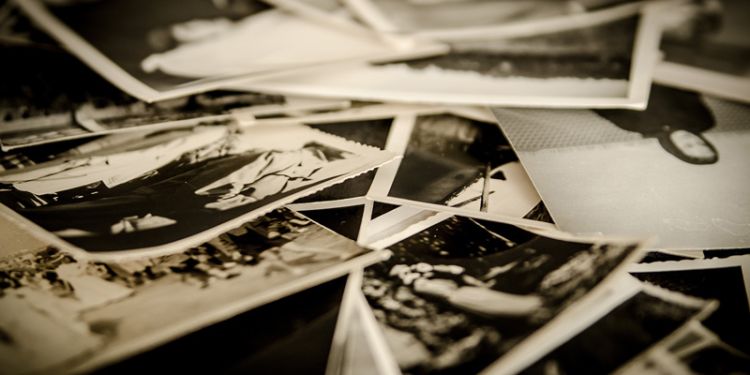Critical Life

The Critical Life Research Collective engages with what it means to live and read critically in the present. We are committed to examining the conditions under which life, both human and non-human, can be lived, renewed and revitalised.
Our members and contributors have expertise in a broad range of areas, including Contemporary British, American and postcolonial studies, creative writing (including life-writing, auto-fiction, poetry and poetics), science fiction, Indigenous knowledges, gender and sexuality, queer studies, adoption studies, psychoanalysis, memory and trauma studies, literature and terror, narratology, biopolitics and Frankfurt School critical theory.
Through events and other outputs, we hope to open spaces for diverse engagements with, and conceptualisations of, critical issues today, as well as reflecting on the new modes of critique that the contemporary moment may generate and demand.
Our Manifesto
Triumphalist affirmations of the ‘death of theory’ at the end of the twentieth century were, needless to say, unfounded. Not only is theory still live, but the very problem of ‘life’ and ‘the living’ has become perhaps its most pervasive and politically urgent concern. In the age of the Anthropocene, the term ‘critical life’ is haunted by the suggestion that life itself is in a critical condition, and that this crisis of life demands a renewed commitment to critique, to examining the conditions under which life, both human and non-human, can be lived, renewed and revitalised.
By organising our enquiry under the term ‘Critical Life’ we hope to elicit work that explores, interrogates or develops connections between theory and life in the broadest terms. Most obviously, this means work that would engage critically with ‘life’ and ‘the living’ – not simply as abstractions but as concepts whose theoretical vicissitudes have always played a decisive role in the regulation and delimitation of what is called ‘real’ life. Such work may, for example, be concerned with:
- The tendentious exclusions on which our conceptions of life implicitly depend: e.g. the comparative derogation of nonhuman life, or of human lives ‘unworthy of life’; the polarization of the living and the dead or deathly; and the related excision of technicity and the inorganic from pure life.
- The conceptual genealogies of – and potential futures for – terms such as ‘life’ and ‘the living’ within or across particular fields and disciplines.
- The historicisation, interrogation and rethinking of political technologies and ideologies that serve in myriad ways to ‘administer life’ (Foucault) and to facilitate the ‘realization of death’ (Esposito).
- Afropessimism, disposability and the “becoming-black of the world” (Mbembe). The rethinking of the frontiers of what are still called the ‘humanities’ through the critical affirmation of the value of lives and forms-of-life that are other than human: e.g. in relation to ecology, zoology, digitality/machinicity.
- The significance of forms of representation that might be thought ‘close-to-life’ – for example, virtuality, life-writing and animation.
- Contemporary returns to animism in philosophy, anthropology and aesthetics that trouble borders between the animate and the inanimate, explore the interconnectedness of all life forms and offer a ‘planetary’ alternative to the deanimating forces of capital.
The term ‘Critical Life’, then, signals not just a concern with theories and re-conceptualisations of life, but a conviction that even the most apparently self-evident conceptual categories implicitly modulate how lives are actually lived and what value or worth is accorded to them.
The theme of ‘life’ therefore also invites us to reflect on the relation between critical theory and critical praxis, on the ways in which theory is, or might in future be, engaged with the real world. In the current environment, this must open onto questions about the institutional future – or futures – of theory, the humanities more broadly, and the capacity of theory to intervene in our current national and international climate.

